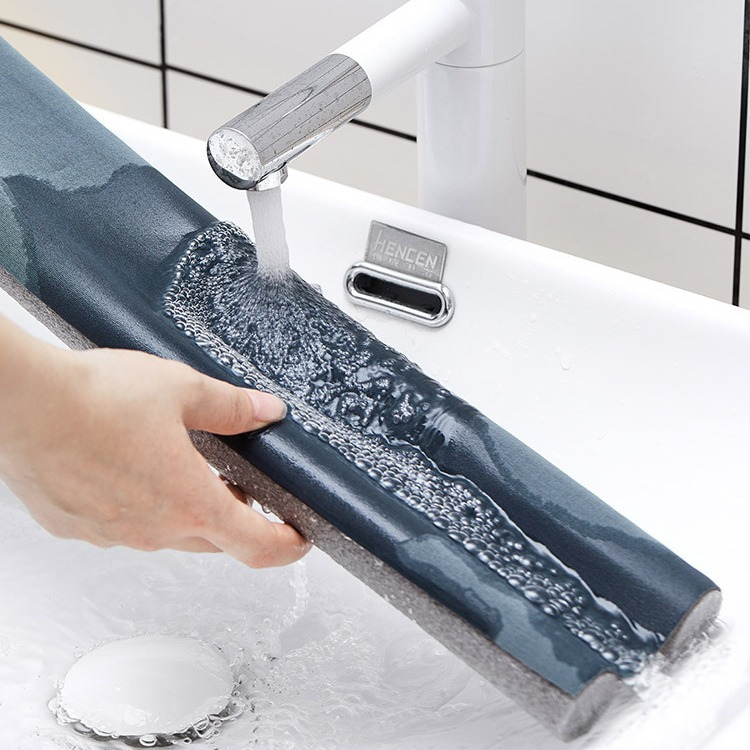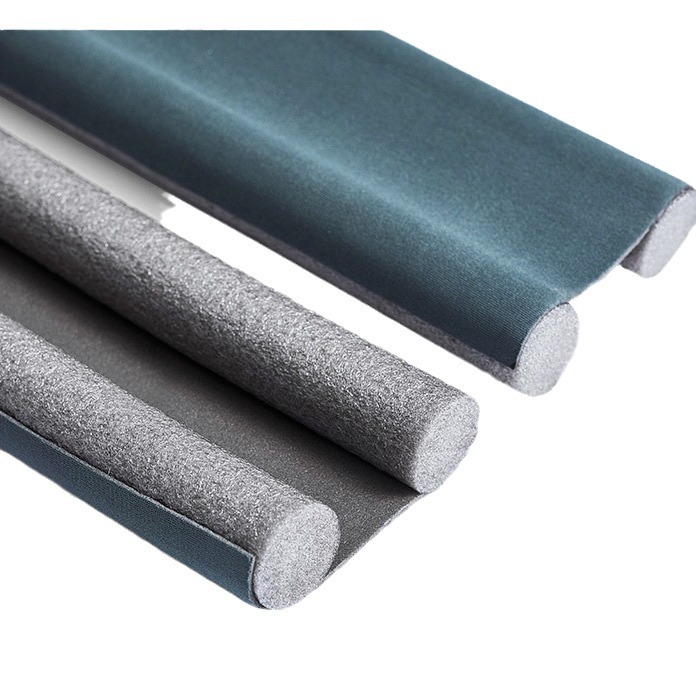When it comes to keeping your home energy-efficient and comfortable, door weather stripping is a crucial component. One popular and effective type of door weather stripping is the EVA sponge under door bottom seal strip. This innovative product is designed to provide a tight seal at the bottom of doors, preventing drafts, dust, and insects from entering your home. In this article, we will explore the benefits of EVA sponge under door bottom seal strips and discuss the best materials for door weather stripping.

EVA sponge under door bottom seal strips are made from ethylene-vinyl acetate (EVA) foam, a durable and flexible material that is well-suited for sealing gaps and preventing air and moisture infiltration. The sponge-like texture of EVA foam allows the seal strip to conform to the uneven surfaces of door bottoms, ensuring a snug and effective seal. Additionally, EVA foam is resistant to wear and tear, making it a long-lasting solution for door weather stripping.
One of the key advantages of EVA sponge under door bottom seal strips is their ability to reduce energy loss. By sealing gaps at the bottom of doors, these strips help to maintain indoor temperatures and reduce the workload on heating and cooling systems. This can lead to lower energy bills and a more comfortable living environment. Furthermore, the tight seal provided by EVA sponge under door bottom seal strips can also help to minimize the entry of outdoor pollutants, such as dust and pollen, improving indoor air quality.
In addition to EVA sponge under door bottom seal strips, there are various other materials that are commonly used for door weather stripping. One popular option is rubber, which is known for its flexibility and resilience. Rubber weather stripping is effective at sealing gaps and can withstand exposure to varying temperatures and weather conditions. Another common material for door weather stripping is silicone, which offers excellent durability and resistance to moisture and UV exposure. Silicone seal strips are often used in high-traffic areas and for outdoor doors.

Felt is another material that is frequently used for door weather stripping. Felt strips are affordable and easy to install, making them a popular choice for DIY projects. While felt may not offer the same level of durability as rubber or silicone, it can still provide effective insulation and draft protection for interior doors.
When selecting the best material for door weather stripping, it is important to consider the specific requirements of your door and the climate in which you live. For example, if you live in an area with extreme temperatures or high humidity, a durable and weather-resistant material like silicone may be the most suitable choice. On the other hand, for interior doors in a moderate climate, felt or EVA sponge under door bottom seal strips may provide sufficient insulation and draft protection.
In conclusion, door weather stripping is an essential element of home maintenance, helping to improve energy efficiency and indoor comfort. EVA sponge under door bottom seal strips, along with other materials such as rubber, silicone, and felt, offer effective solutions for sealing gaps and preventing air and moisture infiltration. By choosing the right material for your door weather stripping needs, you can enhance the performance of your doors and create a more energy-efficient and comfortable living environment.
Post time: May-23-2024
